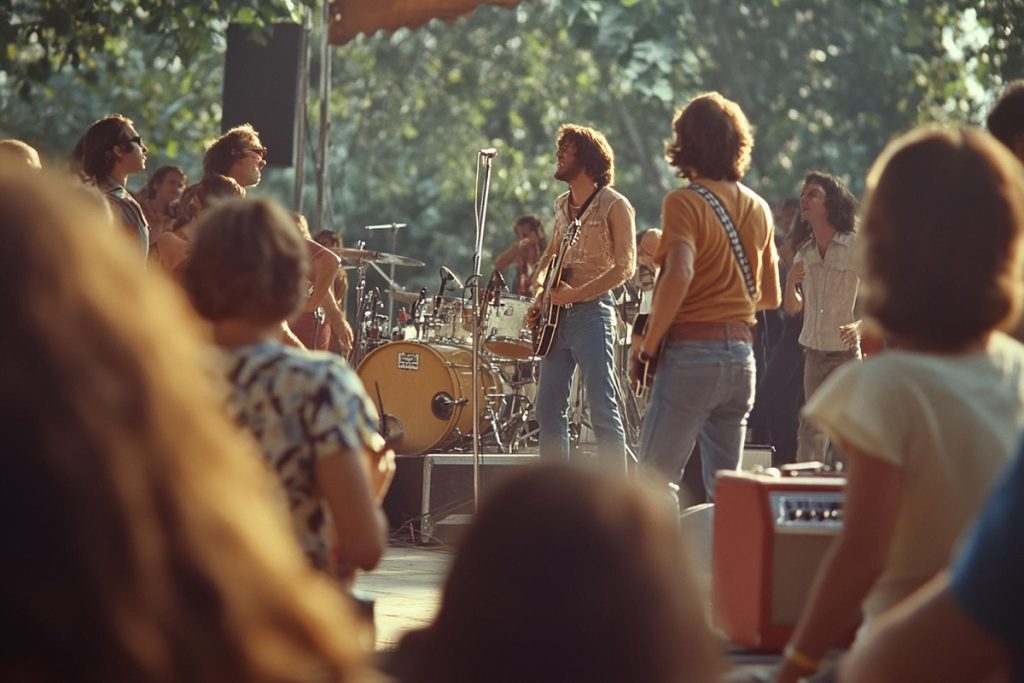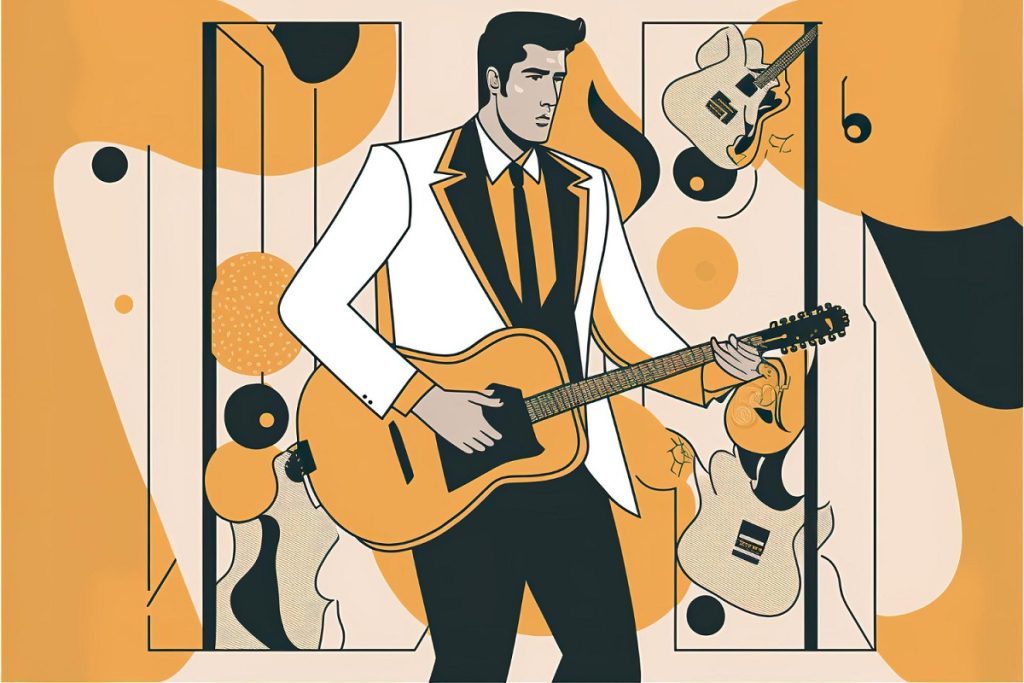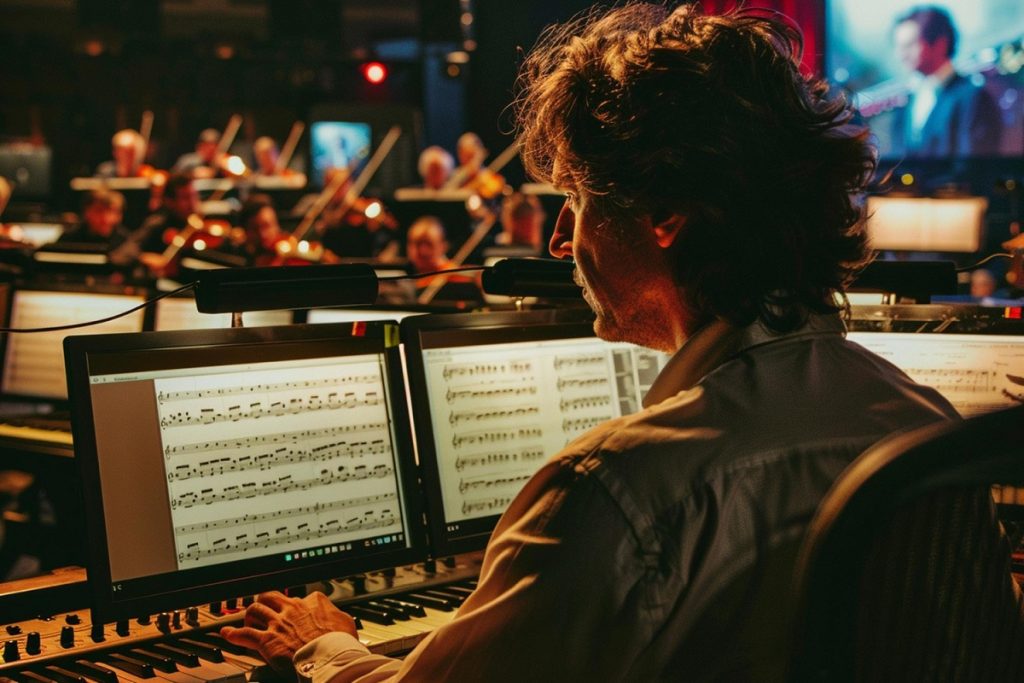The journey of pop music through the decades stands as one of the most vibrant explorations of cultural and artistic expression in modern history.
Originating from the dynamic intermingling of various musical styles and advancing through transformations shaped by technological advancements and societal changes, pop music has offered a soundtrack to generations.
This article explores the key milestones and figures who have crafted the genre’s legacy and examines the broader cultural implications of this ever-evolving musical landscape.
Defining moments in pop music
Each era of pop music has been marked by groundbreaking albums, influential artists, and memorable performances that collectively form the bastion of what we recognize as pop culture today.
Key albums and artists
The Beatles with their innovative album “Sgt. Pepper’s Lonely Hearts Club Band” revolutionized the concept of an album as an art form in itself, moving beyond mere collections of songs to become cohesive, thematic experiences.
Then came Michael Jackson’s “Thriller”, which not only became the best-selling album of all time but also broke down racial barriers on MTV with its pioneering music videos. In the late 1990s to early 2000s, Britney Spears and Backstreet Boys propelled teen pop into the forefront of music, influencing fashion and lifestyle around the globe.
Iconic performances
Live performances have greatly echoed through the halls of pop music history, such as Madonna’s 1984 MTV VMA performance of “Like a Virgin”, which remains one of the most talked-about exhibitions ever.
More recent examples include Beyoncé’s 2016 Super Bowl halftime show, which utilized its massive platform to make powerful statements on race and feminism, demonstrating the potential of pop music as a catalyst for cultural conversation.
Cultural and historic impact
Pop music’s evolution is deeply intertwined with societal changes, mirroring and often influencing the prevailing sentiments of its times. For instance, the 1980s pop scene, with artists like Prince and David Bowie, challenged norms and pushed the boundaries on issues of gender and sexuality, fostering greater inclusivity and acceptance in society.
In the 2000s, the rise of the internet and digital media transformed pop music, democratizing access to music and enabling artists to share their work with a global audience more easily than ever before.
Social media platforms have since shaped artist-fan interactions, creating global phenomena overnight—a stark transformation from the carefully controlled artist images of previous decades.
Fascinating anecdotes and lesser-known facts
Many may not know that Elvis Presley, often dubbed the “King of Pop,” never wrote any of his songs, relying entirely on his charismatic performances and vocal prowess to elevate the material he was given. Moreover, The Beatles were initially rejected by Decca Records, with the executive claiming they had no future in show business—a decision surely regretted as they went on to become the most influential act in the history of popular music.
Enduring influence and relevance
The proliferation of pop music speaks not only to its ability to entertain but also to resonate and provoke thought among its listeners. As new artists emerge and technology continues to evolve, the influence of pop music remains a testament to its adaptability and enduring appeal.
Whether through vinyl records, cassette tapes, or streaming services, pop music continues to be a vital part of cultural identity and expression across the globe.
In concluding, the journey of pop music reflects more than just musical innovation; it encapsulates shifts in global cultural landscapes and continues to be a vital force in societal movements and individual identities.
Its comeback tales, meteoric rises to fame, and impacts beyond the music charts underscore its integral role in the tapestry of human history.
Given its rich past and dynamic present, the future of pop music promises further evolution and influence, continuing its legacy as a transformative cultural force.






